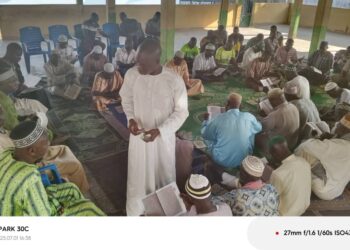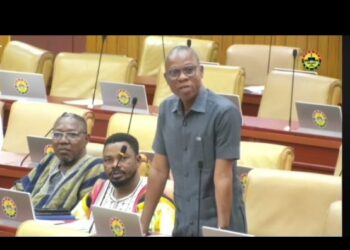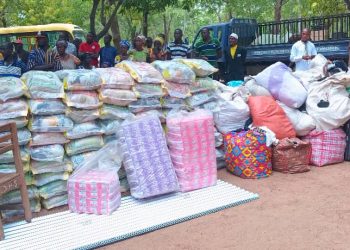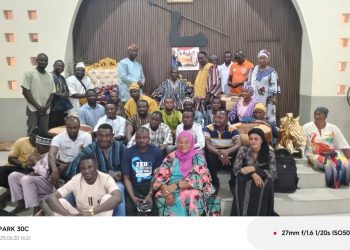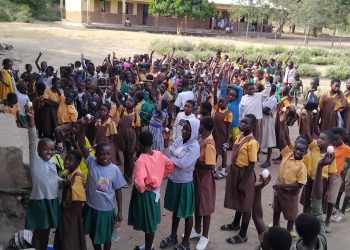
Roads, including the bridges on them, help every country (and even neighbouring states) to connect to communities for travel and transportation of goods and services.
In a country like Ghana, where rail transport is virtually absent, it takes only the roads for the people to get access to employment, education, tourist sites, health facilities and what have you.
In fact, roads have the potential to fight poverty because if nothing at all, it helps people to travel elsewhere to offer services or market farm produce, especially in the case of rural dwellers.
In a word, we can say roads open up places and improve the socio-economic lives of the people.
In spite of the critical importance of roads, some political administrations care less about them, particularly those in rural areas of which the Sawla- Tuna-Kalba District is a classical example.
Sometimes, one wonders if certain communities are really part of the District simply because they lack access roads and even where they have them, they are so bad that visitors do not like repeating visits to those places.
Some communities in District are totally cut off any connection to others, especially when it rains.
I sometimes wonder if it is deliberate attempts by governments to leave rural folks to their fate despite their enormous contribution to the Gross Domestic Product and exports.
Efficient road infrastructure is essential for the economic growth of any country.
Reliable and dependable road infrastructure helps to facilitate the free movement of goods and people, creates employment, supports economic growth, enhances access to education and healthcare services, and connects people to families and places of entertainment.
It also aids in the fight against poverty.
In Ghana, road transport is one of the major keys that enhance economic potential.
It is estimated that road transport alone accounts for 96 per cent of passenger and freight traffic and about 97 per cent of passenger miles in the country.
That is why sustainable development of our road infrastructure cannot be downplayed.
For this reason, placing a lot more premium on developing our road infrastructure will definitely be a step in the right direction.
However, there have been concerns across the Sawla- Tuna- Kalba District over the poor conditions of their roads.
The District’s roads have seen further deterioration as a result of the heavy rains experienced in this month or so.
Among the many modes of transport, road transport is the commonest.
However, poor road infrastructure hinders road transport and curtails societal development and mobility.
The District is a place for the production of primary goods and services nationwide.
Increases in sufficient roads in the District will tend to increase access to agricultural inputs and market.
It is for this reason that the government is urged to invest more in road infrastructure in the area so that the citizens can gain access to the remotest parts of the District in order to unlock the vast and untapped reservoir of productive potential in those areas.
The road transport is a vital element for improving societal welfare because it creates special impulses for economic growth and development.
Based on these reasons,I humbly appealed to the Feeder roads department and the Ministry of Roads and Highways to as matter of urgency fix the following roads in the District which are fast deteriorating with the presence of heavy rains.
They include; Yipaala- Bobalanyuro road,Tuna- Kalba road, Goyiri- Gbulpie, Sawla- Gbeneyiri, Sawla-Kawie, Sawla- Konkrompe, Kalba- Gaakuon, Tuna- Soma, Sawla- Jelinkon, Kalba – Saru and Kalba- Nochiiteyiri roads.
Chipo Kwaku,
News Editor at Yagbon radio.

